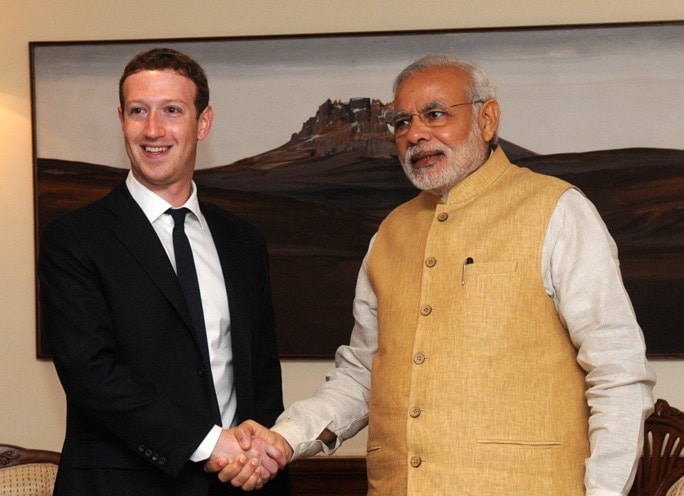Facebook’s Free Basics seeks to bring the internet to millions of people in rural India free of charge. Roughly 68% of the planet live without access to the internet, and without it democracy, economic opportunity, education and healthcare are threatened.
So when a tech giant attempts to redress this balance, the benefits should be simple to see. Yet the project has been widely criticised for violating net neutrality and hurting India’s democracy. Unlike other Internet users who can surf the net globally for any content, those using Facebook’s free version can access only a limited number of sites approved by Facebook.
Zuckerberg has reacted in an open letter in the Times of India – yet critics continue to ask why Facebook has rejected the option of giving people free access to an open, plural and diverse web. In a joint statement from The Indian Institute of Technology and The Indian Institute of Science, 147 computer science faculty members, have called for a rejection of Facebook’s service in the interest of the public.
In the last week the World Bank has also commented on the scheme, describing it as “the antithesis of net neutrality and a distortion of markets.” Free Basics is now pending a public consultation via The Telecoms Regulatory Authority of India.
Image: Wikimedia / Narendra Modi

